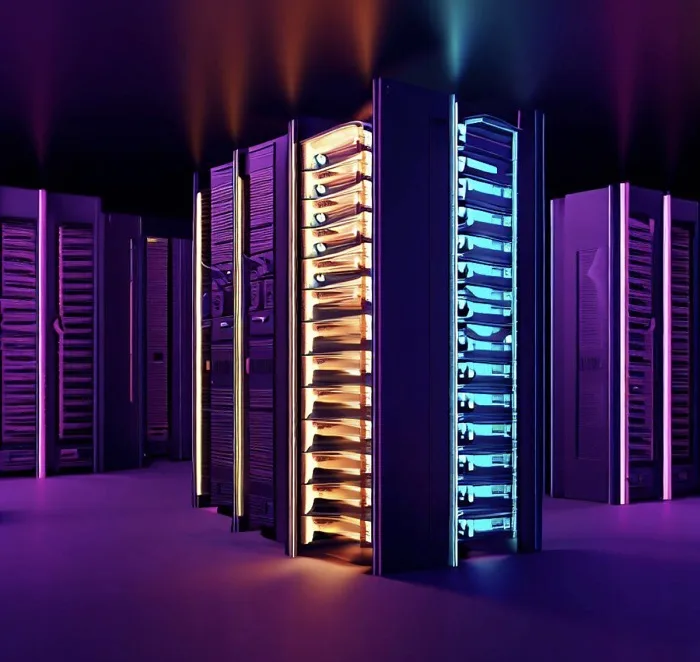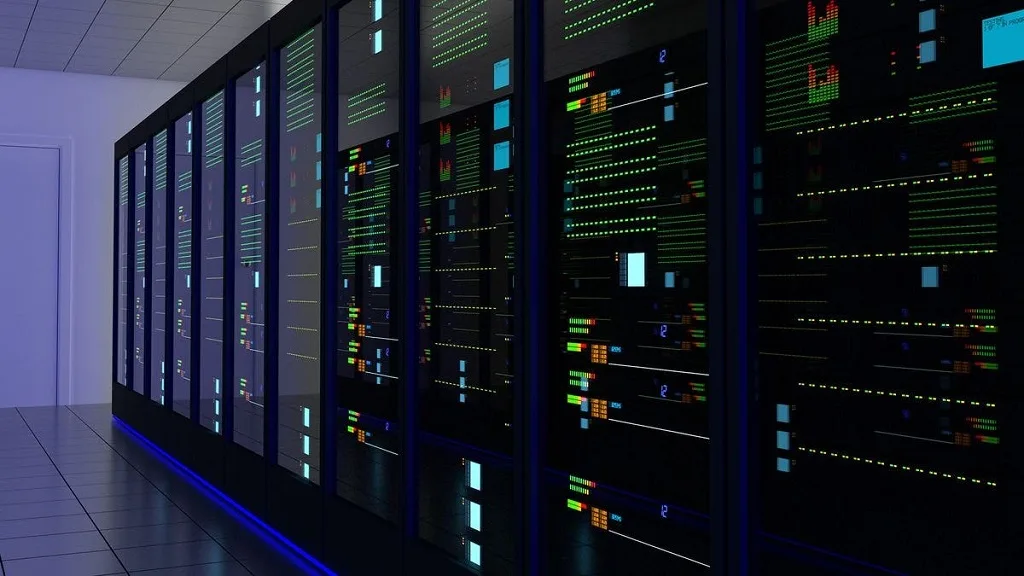Future-Proof Hosting: Exploring Dedicated Server Technology

In the ever-evolving landscape of technology, dedicated servers have carved out a significant niche, offering unparalleled performance and reliability for businesses and individuals alike. This comprehensive review delves into the intricacies of dedicated server technology, examining its origins, operational mechanics, rising popularity, problem-solving capabilities, and future prospects.
What is Dedicated Server Technology?
Dedicated server technology refers to a hosting configuration where a single server is dedicated entirely to one client. Unlike shared hosting, where multiple users share the same server resources, a dedicated server provides exclusive access to the server’s full capacity. This setup offers enhanced performance, security, and control, making it ideal for high-traffic websites, large databases, and applications requiring substantial computational power.
The concept of dedicated servers emerged in the early days of the internet. Initially, all servers were essentially dedicated, as web hosting had not yet become commercialized. However, with the advent of shared hosting in the late 1990s, dedicated servers evolved to cater to users with more demanding needs. The first commercial dedicated servers appeared around this time, providing a higher level of service for businesses that required robust and reliable hosting solutions.
How Dedicated Servers Work
Dedicated servers operate by allocating the entire server’s resources to a single client. This includes the CPU, RAM, storage, and network bandwidth, ensuring that the client has complete control over the server’s performance. The server can be customized to meet the specific needs of the user, including the installation of preferred operating systems, software, and security protocols.
The process begins with selecting a server from a hosting provider, who then configures the hardware and software according to the client’s specifications. Once set up, the client can manage the server remotely, often using a control panel or remote desktop application. This level of control allows for the fine-tuning of performance and the implementation of stringent security measures, such as firewalls, intrusion detection systems, and regular backups.
Why Dedicated Servers Gained Popularity
The popularity of dedicated servers has surged due to several key factors. Firstly, the rise of e-commerce and online services has created a demand for robust hosting solutions that can handle high traffic volumes and ensure uptime reliability. Dedicated servers provide the stability and performance required for these services, reducing the risk of downtime that can lead to revenue loss and reputational damage.
Secondly, the increasing concerns over data security and privacy have driven businesses to opt for dedicated servers. With exclusive access to server resources, companies can implement advanced security measures without the risk of interference or breaches from other users sharing the same server. This is particularly crucial for industries handling sensitive information, such as finance and healthcare.
Lastly, the flexibility and scalability of dedicated servers have made them a popular choice for growing businesses. As companies expand, their hosting needs evolve, requiring more resources and higher performance. Dedicated servers can be easily upgraded to meet these demands, ensuring that businesses can scale their operations without facing technical limitations.

Problems Solved by Dedicated Server Technology
Dedicated server technology addresses several critical issues faced by businesses and individuals:
- Performance Bottlenecks: By providing exclusive access to server resources, dedicated servers eliminate the performance issues caused by resource sharing in shared hosting environments.
- Security Concerns: With dedicated servers, clients can implement custom security measures, ensuring that their data is protected from unauthorized access and breaches.
- Reliability and Uptime: Dedicated servers offer higher reliability and uptime compared to shared hosting, making them ideal for mission-critical applications and high-traffic websites.
- Customization and Control: Clients have full control over the server’s configuration, allowing them to tailor the environment to their specific needs and optimize performance.
The Future of Dedicated Server Technology
The future of dedicated server technology looks promising, with several trends poised to shape its evolution. One significant development is the integration of artificial intelligence (AI) and machine learning (ML) to enhance server management and performance optimization. These technologies can predict and mitigate potential issues before they affect performance, ensuring higher reliability and efficiency.
Additionally, the increasing adoption of edge computing is expected to boost the demand for dedicated servers. As more devices connect to the internet, the need for localized processing power grows. Dedicated servers, positioned closer to end-users, can provide faster processing and lower latency, improving the overall user experience.
Finally, advancements in hardware technology, such as the development of more powerful processors and faster storage solutions, will continue to enhance the capabilities of dedicated servers. These improvements will enable businesses to handle even more demanding workloads and complex applications, solidifying the role of dedicated servers in the future of web hosting and beyond.
